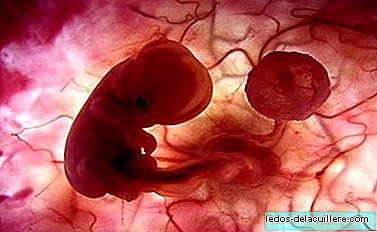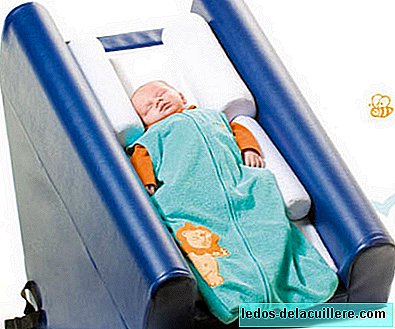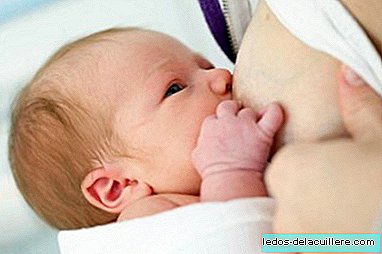
In Spain the selection of the sex of the baby in fertility treatments is not allowed except in exceptional cases for medical reasons, but the results of a large study conducted in Australia and New Zealand indicate that some fertility treatments such as in vitro fertilization favors the birth of male babies.
They analyzed more than 13 thousand samples subjected to in vitro fertilization (IVF) and found that 53 percent of women undergoing standard in vitro fertilization had male babies, compared to 50 percent in cases where an intracytoplasmic injection was used, a method used when the sperm has poor mobility and is injected directly into the egg.
Standard in vitro fertilization (IVF) consists of incubating the sperm and the ovule together in a culture medium so that fertilization occurs and then transferring the embryo to the mother's womb.
Scientists have also found that the time at which the embryo is transferred to the uterus after in vitro fertilization could also influence the sex of the baby.
When the embryos were transferred four days after fertilization, the percentage of males amounted to 54.1 percent while if they were transferred two or three days later the percentage was 49.9 percent.
There seems to be some influence of the technique used and the time of the transfer to state that in vitro fertilization favors the birth of male babies. However, they are only probabilities and in no way ensures that an IVF claims to have a child.
Following the study, experts took the opportunity to warn about the imbalances and serious social consequences of the choice of sex of babies in countries such as China or India.












